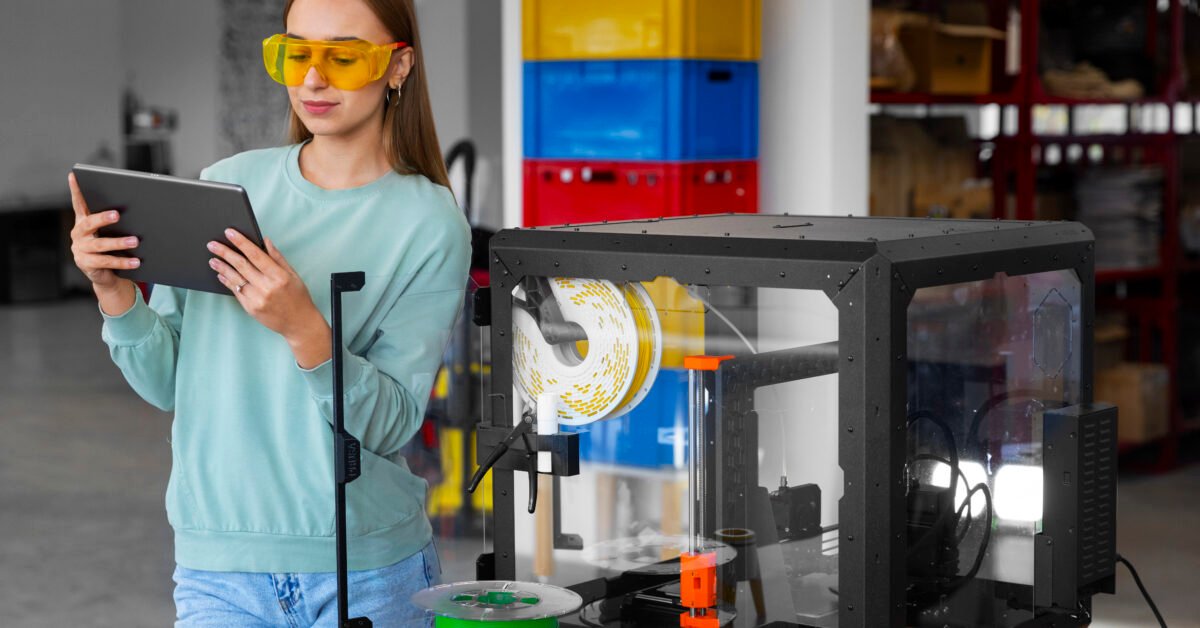Budney Center for Tech and Behavior: Revolutionizing Behavioral Science Through Technology

In an era where technology is reshaping every aspect of our lives, the Budney Center for Tech Beha stands at the forefront of innovation blending cutting edge technology with behavioral science to create transformative solutions. Whether it’s improving mental health care advancing research or designing tools that bridge the gap between tech and human behavior, this institution is changing how we understand and interact with the world.
What is the Budney Center for Tech and Behavior?
The Budney Center for Tech and Behavior (often referred to as the Budney Center for Tech Beha) is a pioneering research hub dedicated to merging behavioral science with innovative technology. The center focuses on leveraging artificial intelligence machine learning and other digital tools to analyze and influence human behavior.
Mission and Goals
Mission: To transform the way we study understand and address behavioral challenges using advanced technological tools.
Core Goals:
- Develop innovative methods for analyzing behavioral patterns.
- Make mental health solutions accessible and scalable.
- Foster global collaboration to address societal challenges.
Origin and Background
Founded by leading experts in behavioral science and technology, the Budney Center has quickly become a hub for groundbreaking research. It collaborates with universities, tech companies and policymakers to ensure that its tools and insights have real-world applications.
Areas of Focus
The Budney Center for Tech Beha operates at the intersection of technology and human behavior addressing challenges across multiple domains.
Behavioral Data Analysis
Using AI and machine learning, the center deciphers complex behavioral patterns.
Key Tools:
- Predictive models that assess the likelihood of certain behaviors.
- Algorithms designed to identify early signs of mental health issues.
Case Study:
A recent project analyzed social media activity to predict early signs of depression. The AI model achieved a 92% accuracy rate enabling timely intervention.
Digital Therapeutics
The center has developed a suite of apps and wearable devices tailored for mental health and behavioral improvement.
Innovations:
- Apps for managing anxiety and stress in real-time.
- Wearables that track physiological responses and provide feedback to users.
- Example:
A wearable device designed by the Budney Center monitors heart rate variability to detect stress and offers breathing exercises to reduce anxiety instantly.
Education and Awareness
The center places a strong emphasis on training and public education.
Workshops and Programs:
- Courses for healthcare professionals to integrate technology into their practice.
- Educational campaigns targeting schools to improve digital literacy and behavioral understanding.
- Impact:
Over 10,000 professionals trained globally since its inception.
Collaboration and Research
Partnerships are key to the center’s success.
- Collaborates with organizations like the World Health Organization and Google Health.
- Publishes peer-reviewed studies in leading journals advancing the field of behavioral science.
Impact of the Budney Center
The Budney Center for Tech Beha has had a profound influence across various sectors.
Innovations in Technology
The center’s technological advancements are transforming how we approach behavior.
Notable Innovations:
Virtual reality (VR) simulations for exposure therapy.
Blockchain for secure behavioral data storage.
Quote:
“The Budney Center’s innovations are a testament to the power of technology in improving lives,” says Dr. Sarah Linton, a behavioral scientist at Stanford University.
Societal Benefits
The center’s work goes beyond research—it improves lives.
- Enhanced tools for mental health interventions.
- Accessible solutions for individuals in underserved communities.
Global Recognition
The Budney Center has received numerous accolades, including the Global Innovation in Behavioral Science Award for its groundbreaking work in merging tech and behavior.
Challenges Faced
While the Budney Center has achieved significant milestones, it also encounters challenges.

Technological Limitations
- Data privacy and ethical concerns are significant hurdles.
- AI models can struggle with biases if not carefully managed.
Financial and Logistical Barriers
- Scaling initiatives to reach low-income communities requires substantial funding.
- Developing universal tools that adapt to diverse cultural contexts is complex.
Resistance to Adoption
- Traditionalists in behavioral science are sometimes skeptical of tech-based approaches.
- Overcoming public mistrust in data-driven tools is an ongoing challenge.
The Future of the Budney Center
Emerging Trends
The center is exploring new frontiers in behavioral science.
- Neurotech: Developing brain-computer interfaces to understand cognitive functions better.
- AI Diagnostics: Enhancing diagnostic tools for behavioral and mental health conditions.
Vision and Goals
The Budney Center envisions a future where technology and behavioral science seamlessly integrate to create a more equitable and healthier society.
Call for Collaboration
The center invites researchers, investors and innovators to join its mission emphasizing the power of collective effort in driving change.
Conclusion
The Budney Center for Tech and Behavior is more than a research institution. It’s a beacon of hope in the evolving relationship between technology and human behavior. By addressing some of the most pressing challenges in mental health, education and societal well being the center is paving the way for a brighter future.
Quick Facts Table
| Aspect | Details |
|---|---|
| Founded | Year TBD, by leading experts in tech-beha |
| Core Focus | Behavioral data, digital therapeutics |
| Global Reach | 10,000+ professionals trained worldwide |
| Key Innovation | AI-driven mental health diagnostics |
| Recognitions | Global Innovation in Behavioral Science Award |
Read Also: Slides for Women in Tech




